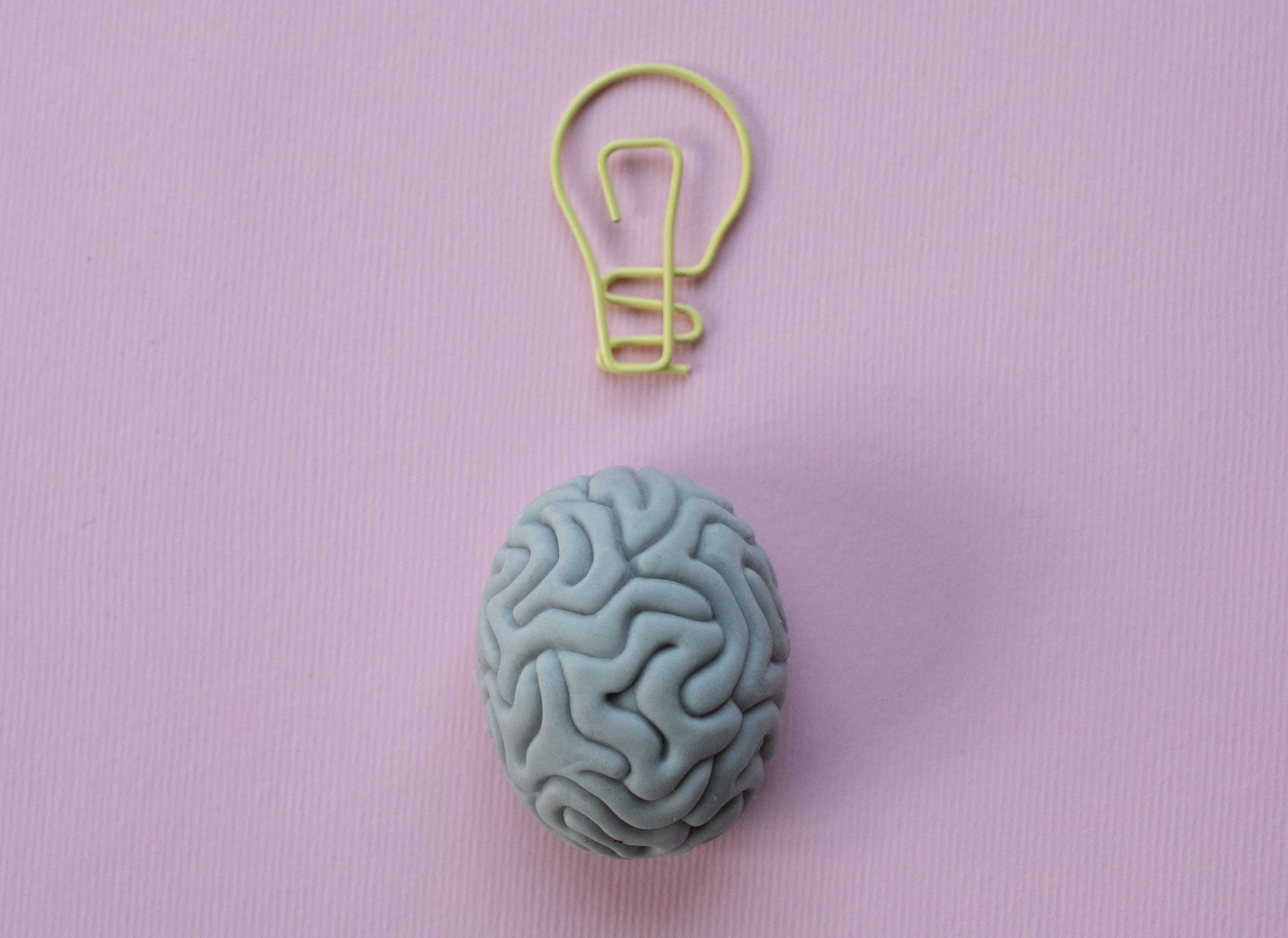-
Neuroscience training to help children flourish
Open Forum | August 31, 2023Professionals working with children and young people will be offered training in brain science in an Australia-first initiative between The University of Queensland and the Australian Research Alliance for Children and Youth through the Thriving Queensland Kids Partnership.
-
Unlocking the brain function mystery
James Pang | June 12, 2023Researchers are discovering how we think, feel and behave is associated with activity patterns that span nearly the entire brain, rather than just specific parts of it, overturning a century of accepted wisdom.
-
Form and function in the brain
James Pang | June 6, 2023A new study suggests that patterns of activity in our brains’ neurons are more influenced by the shape of the brain – its grooves, contours, and folds – than by its complex interconnections.
-
The positronic brain
Alan Stevenson | May 25, 2023Eighty years after American science fiction writer Isaac Asimov coined the term in his early ‘Robot’ stories, new advances in nanowires are bringing the concept of a self-organising artificial brain closer to reality.
-
Our brain’s odyssey
Alan Stevenson | November 27, 2022The human brain is the most complex thing in the natural world, and the mysteries of its decision making and social drives have long fascinated philosophers, scientists and religious thinkers.
-
Brainstorm not group think
Sabrina Habib | May 18, 2022As automation and artificial intelligence encroaches ever further on the world of work, human creativity is more important than ever and companies can use a range of approaches to maximising the group production of ideas – including GAP’s Second Track process.
-
Brain train
Ryan Anderson | February 21, 2022Just as we can improve our physical performance through training and better technique, we can strengthen our memories and ability to learn by following some well tested principles.
-
The human brain project
Christelle Langley | November 24, 2021Europe’s Human Brain Project aims to unravel the brain’s mysteries and, after a difficult start, has made substantial progress in mapping how thoughts and decision making are generated.
-
The brave new world of neuroscience
Yongsoo Kim | November 20, 2021Mapping cell types in the brain and how they communicate with one another allows neuroscientists to understand how the brain works, and what happens when cells go missing or malfunction.
-
The mind monster
Rebecca Keogh | October 31, 2021Halloween is the time for scary stories, but why are some people more easily spooked by stories than others? It could be down to the way their inability to picture stories in their minds.
-
Hitting the brain gym
Open Forum | October 3, 2021The benefits of physical exercise are well known in staying healthy in later life, but enjoying crosswords, sudoku and chess can also help to lower the risk of dementia.
-
Insights from the ‘edge of chaos’
Open Forum | June 30, 2021Some neuroscience theories suggest the human brain operates best ‘at the edge of chaos’. Now scientists in Australia and Japan have found that keeping a nanowire network at the edge of becoming chaotic is the best state for it to produce useful signals to solve problems.













